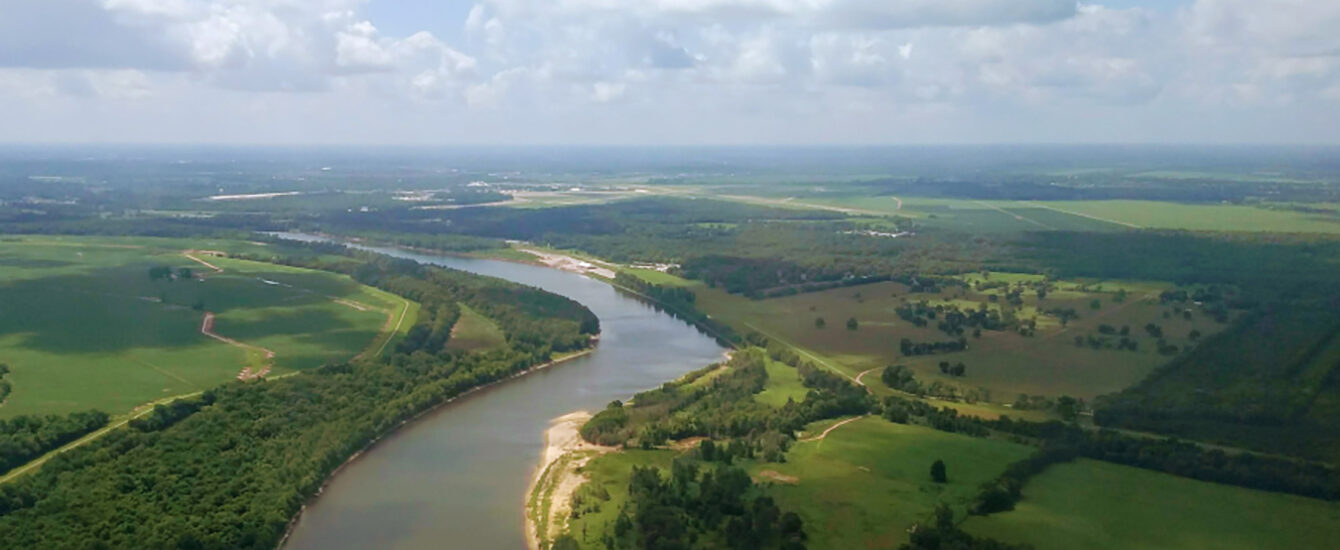 Disputes over scarce water resources are common worldwide and there is a growing interest in voluntary incentives (e.g., payments offered to water users) as a strategy for reducing conflicts. Incentive-based programs hold promise, but uncertainties remain regarding how state and non-state environmental organizations may implement them. Efficient and effective implementation requires strategic allocation of financial incentives across space and time. Marsh Institute researchers Dana Bauer and Robert Johnston recently received funding from the National Science Foundation to investigate how interactions among social, hydrological, and biological spatial dynamics affect the efficiency and effectiveness of incentive-based conservation programs. The project Conservation Incentives and the Socio-Spatial Dynamics of Water Sustainability, involving collaborators from University of Oklahoma, Florida International University, George Mason University, Oklahoma State University, and Texas A&M, will focus on water systems in areas with extensive agricultural use.
Disputes over scarce water resources are common worldwide and there is a growing interest in voluntary incentives (e.g., payments offered to water users) as a strategy for reducing conflicts. Incentive-based programs hold promise, but uncertainties remain regarding how state and non-state environmental organizations may implement them. Efficient and effective implementation requires strategic allocation of financial incentives across space and time. Marsh Institute researchers Dana Bauer and Robert Johnston recently received funding from the National Science Foundation to investigate how interactions among social, hydrological, and biological spatial dynamics affect the efficiency and effectiveness of incentive-based conservation programs. The project Conservation Incentives and the Socio-Spatial Dynamics of Water Sustainability, involving collaborators from University of Oklahoma, Florida International University, George Mason University, Oklahoma State University, and Texas A&M, will focus on water systems in areas with extensive agricultural use.
For full project descriptions, see the Marsh Institute Research Projects web page.

